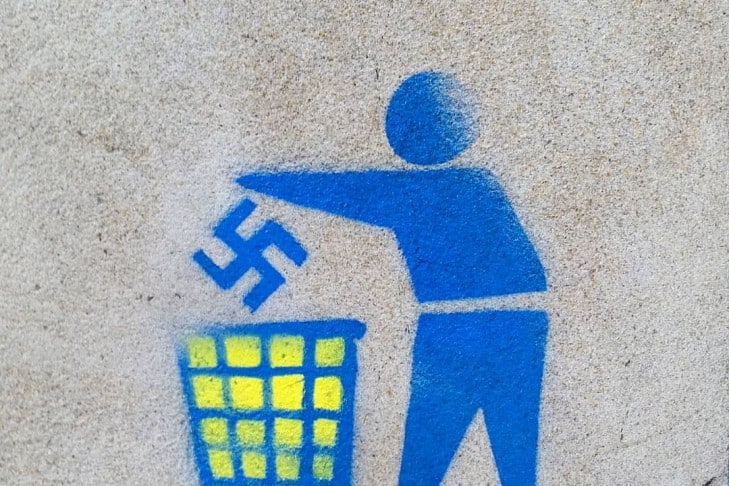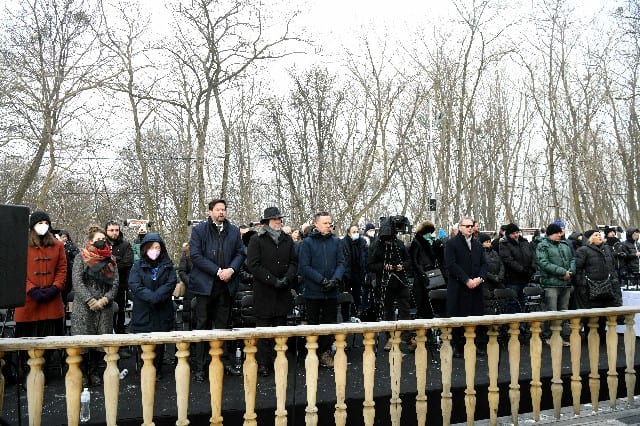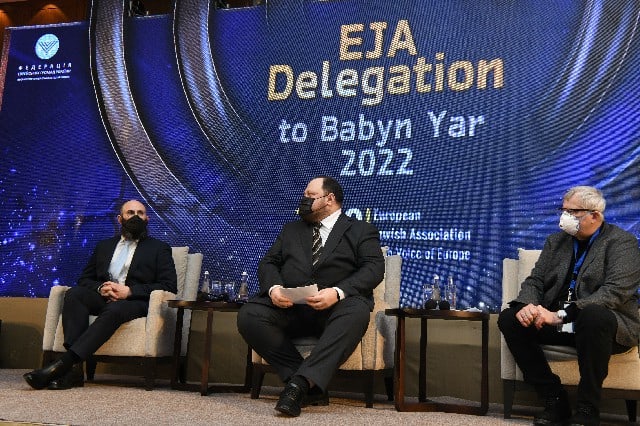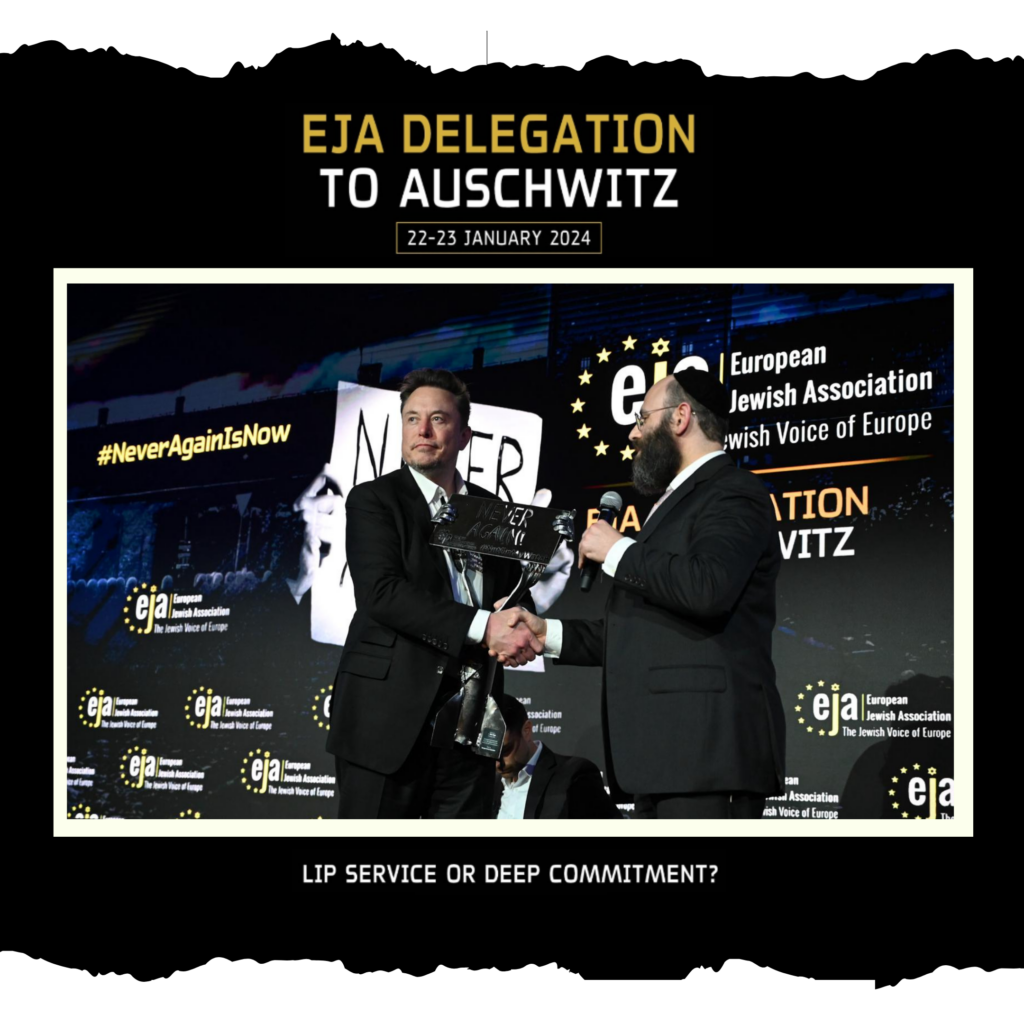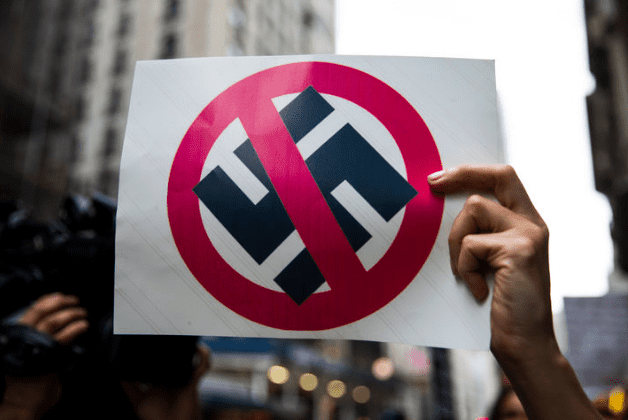Under Germany’s presidency, the member states are planning to take decisive action against antisemitism in Europe in light of increase anti-jewish conspiracy theories during the COVID-19 pandemic.
In December, the heads of state and government seek to adopt a declaration at the next EU summit to establish a uniform approach within the European community against all forms of hatred towards Jews.
“It is our constant, shared responsibility to protect and support Jewish life actively,” says the draft resolution, which is set under the preamble: “Anti-Semitism is an attack on European values.”
The initiative to develop binding guidelines was put on the agenda by Germany, which holds the EU Council Presidency until the end of the year. Two years ago, the member states committed themselves to national strategies against anti-Semitism the first time.
Especially during the Covid-19 pandemic, it was observed how anti-Semitic prejudices were openly conducted.
Among other things, the declaration calls for “awareness of anti-Semitism in all political areas” and the tackling of “a cross-cutting issue in which various government agencies and policy areas at local, national and European level should be involved.”
Recently, a study by the Israeli foreign ministry indicated how anti-Semitism significantly increased ever since the pandemic had started, particularly in regard to conspiracy theories.
According to the analysis, most anti-Semitic statements connected with the world health crisis were posted online in the US, France, and Germany.
The EU’s plan states that “anti-Semitic conspiracy myths are often the first step that can lead to hatred, hate speech, incitement to violence, and hate crimes.”
The latter is why the heads of state and government and the European Commission seek to upgrade the European anti-Semitism commissioners’ work.
In drawing up the declaration, they worked closely with the Jewish organizations and responsible specialist politicians in Europe. There is positive progress at the European level; however, the effects are not yet reaching the Jewish Europeans. The latter is why the EU Commission also seeks to present a common strategy with further concrete measures against anti-Semitism next year.
Within the member states, the new EU agreement is intended to provide authorities such as public prosecutors and police forces and social institutions such as schools in the future as a practicable basis for assessing anti-Jewish tendencies.
Germany’s council presidency has been under the radar due to the Covid-19 pandemic. The upcoming December declaration, however, could mark a significant moment, nonetheless.
Read More


